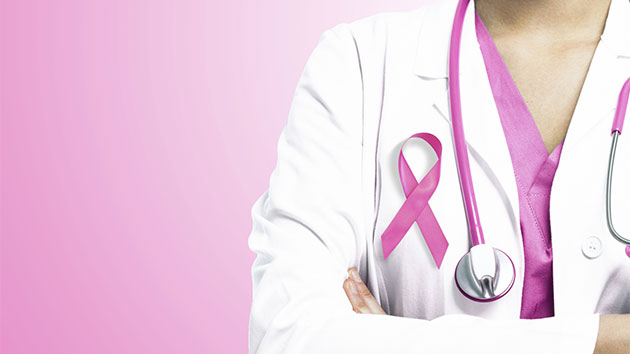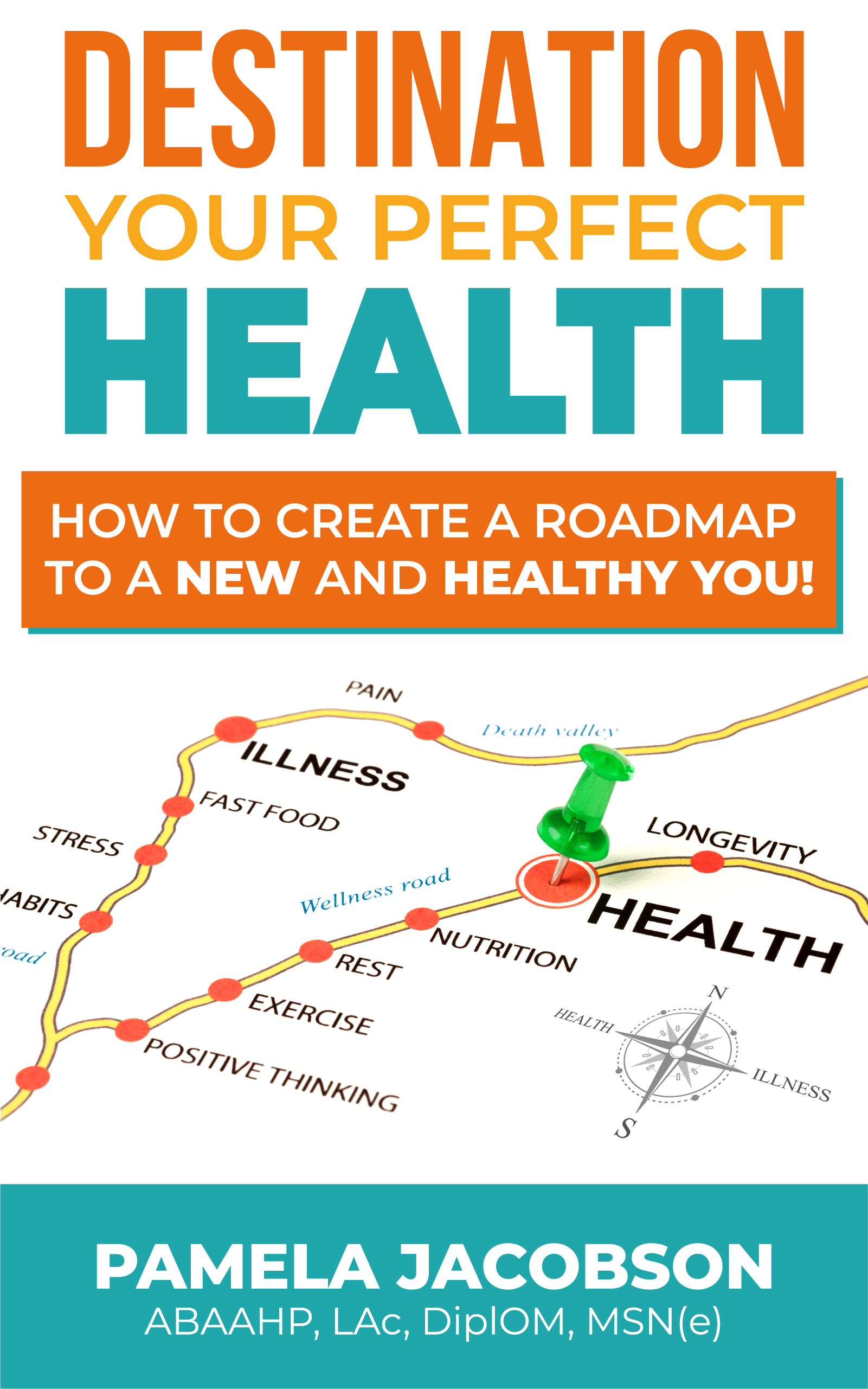
October celebrates National Breast Cancer Awareness Month, and as a Women's Health Nurse Practitioner who specializes in hormone replacement, I am frequently asked about hormone use and breast cancer risk. Unfortunately, there is a lot of misinformation and controversy surrounding this topic in all medical arenas.
While breast cancer risk is complex and includes factors such as lifestyle, genetics, toxic exposures, nutrition, and poor metabolism of hormones in certain individuals, hormones, in general, do not cause breast cancer. In fact, it is often the lack of our natural, youthful sex hormones that contribute to the increased risk for breast cancer as we age. While everyone focuses on estrogen - specifically the fear of estrogen - I often ask my patients to think through, logically, what happens with hormonal changes.
Young women, by and large, are not at a great risk for breast cancer and, yet, we have the most abundant amounts of our sex hormones in our youth - late teens and twenties - including estrogen. The risk for breast cancer starts to increase with perimenopause. In perimenopause (often in the 30's and 40's), it is the decreased production of progesterone that begins the risk. Throughout the reproductive cycle, we are meant to have a nice balance between estrogen and progesterone, and it is the decline of progesterone which first sets up the increased risk for cancer. We also see a steady decline in the amount of DHEA and testosterone we produce and both have an effect on the increased risk of breast cancer as we age.
The next and largest rise in increased risk of breast cancer comes with menopause, when we are losing the "good types" of estrogen - estradiol and estriol - and producing increased "bad" estrogen. Once the ovaries no longer secrete estradiol, the body has come up with a very ingenious - if harmful - way of producing it: the fat cells begin to make estrone in an attempt to have some form of estrogen. Since the breasts have a great deal of fatty tissue, we often are exposed to high levels of harmful estrogen with menopause, produced directly within the breast tissue.
Practitioners who specialize in hormone replacement therapy know that by using natural, bio-identical hormones, in the right ratios and delivery methods, we can actually prevent breast cancer. Other benefits of hormone replacement include decreased risk of heart disease, stroke, Alzheimer's, and osteoporosis. With bio-identical hormone replacement, quality of life is enhanced significantly with improvements in sleep, mood, libido, muscle tone, decreased body fat, and an overall sense of better well being. Find the right practitioner - someone with years of experience in natural hormone replacement who also studies Anti-Aging or Functional Medicine - to find out if hormone replacement might be right for you.
Here's to your health and wellness!
 Geralene, “Geri”, Jones, WHNP-BC is a Women’s Health Nurse Practitioner, specializing in bio-identical hormone replacement therapy for menopause, perimenopause, and PMS. She administers hormone replacement therapy as an adjunctive therapy to anti-aging (functional) medicine, which is the prevention of the diseases of “old age” such as osteoporosis, Alzheimer’s disease, various forms of cancer, heart disease, and other chronic illnesses in women.
Geralene, “Geri”, Jones, WHNP-BC is a Women’s Health Nurse Practitioner, specializing in bio-identical hormone replacement therapy for menopause, perimenopause, and PMS. She administers hormone replacement therapy as an adjunctive therapy to anti-aging (functional) medicine, which is the prevention of the diseases of “old age” such as osteoporosis, Alzheimer’s disease, various forms of cancer, heart disease, and other chronic illnesses in women.